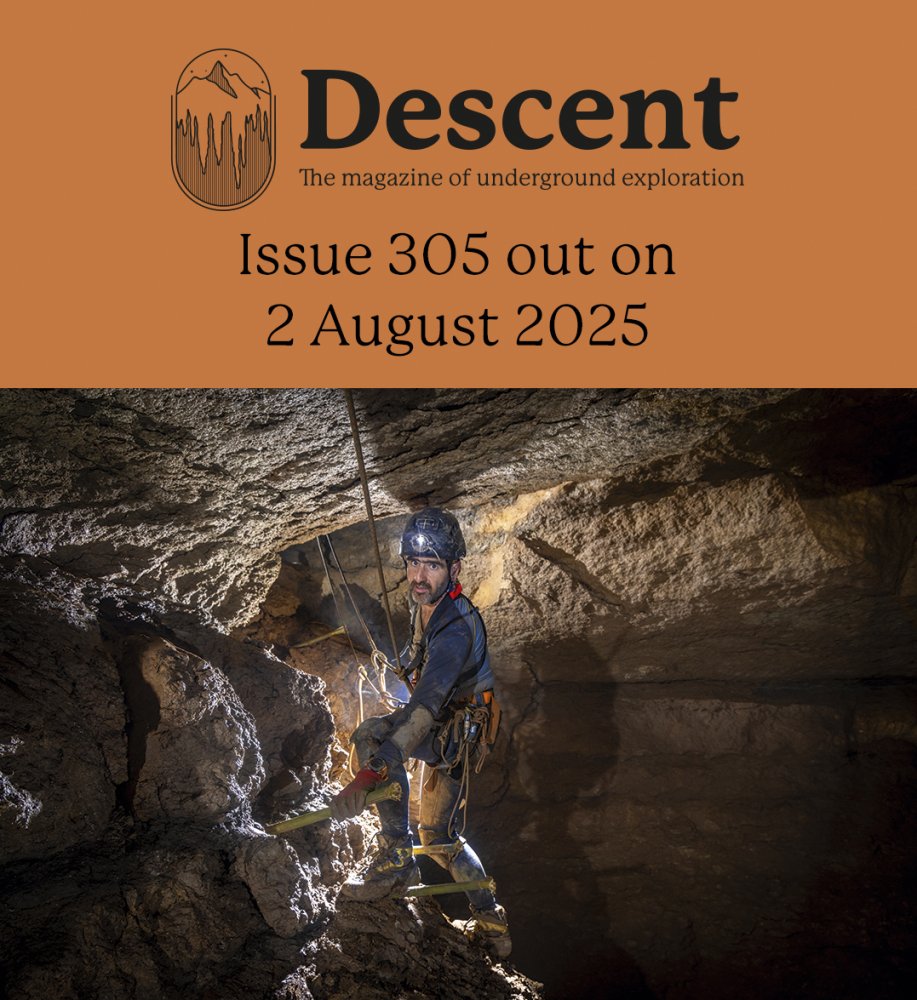JoshW
Well-known member
Fishes said:Its not about being "edgy" whatever that means.
BCA has no good reason to ask these questions so why ask them. Its not like they are something you would drop into a casual conversation with a stranger.
Again, this thread has demonstrated several reasons why the BCA may want this information and what positive things they can do with it.
Ed said:All this info is likely to be required if BCA applies for any government grants.
One of the first things that will stand out to anyone looking is the demographic. They will then ask what proactive steps are BCA doing to address this.
Was an interesting segment of ski Sunday yesterday about the demographic of snow sports - in a similar situation to caving regarding diversity etc...
Ooh that sounds interesting will try and find it and take a gander, cheers for the heads up



